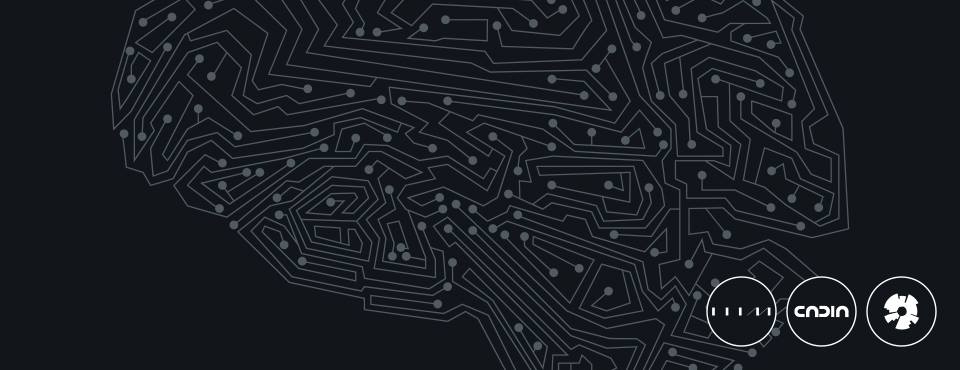 On October 31st the annual AI Festival was held at Reykjavík University. The aim of the festival was to get a glimpse into the future of this fast-growing research field. This year’s theme was Artificial General Intelligence (AGI) and the festival was a great success with over 100 people attending and participating. Continue reading Annual Festival Explores AI: Man’s Greatest Invention or the End of Mankind?
On October 31st the annual AI Festival was held at Reykjavík University. The aim of the festival was to get a glimpse into the future of this fast-growing research field. This year’s theme was Artificial General Intelligence (AGI) and the festival was a great success with over 100 people attending and participating. Continue reading Annual Festival Explores AI: Man’s Greatest Invention or the End of Mankind?
Tag Archives: artificial intelligence
Schedule Revealed: AI Festival 2014
As we announced a few weeks ago, IIIM is reviving the AI Festival, together with Reykjavik University’s CADIA. The schedule is now up on the website so that visitors can attend presentations in subfields relative to their interests. So join us for an afternoon of lectures and discussion on Friday October 31 from 2-6 pm. All the lectures will be in English and the festival is open to everyone. Continue reading Schedule Revealed: AI Festival 2014
Revival of the ArtificaI Intelligence Festival
IIIM, in collaboration with CADIA and Reykjavik University’s School of Computer Science, have decided to restart the AI Festival that was last held in 2008. This event is part of RU’s 50 year anniversary celebration of Tækniskólinn and will be held at Reykjavík University on October 31st.
Continue reading Revival of the ArtificaI Intelligence Festival
Dr. Kristinn R. Thorisson and colleagues receive “Outstanding Paper” award
 Dr. Kristinn R. Thórisson, Director of IIIM and Associate Professor of Computer Science at Reykjavik University, received the prestigious Outstanding Paper award at the Intelligent Systems & Agents conference in Portugal last month.
Dr. Kristinn R. Thórisson, Director of IIIM and Associate Professor of Computer Science at Reykjavik University, received the prestigious Outstanding Paper award at the Intelligent Systems & Agents conference in Portugal last month.
The paper describes the first automatic system that can learn a complex task by observing how it is performed, entirely without guidance or supervision. This is a new chapter in AI research. Continue reading Dr. Kristinn R. Thorisson and colleagues receive “Outstanding Paper” award


